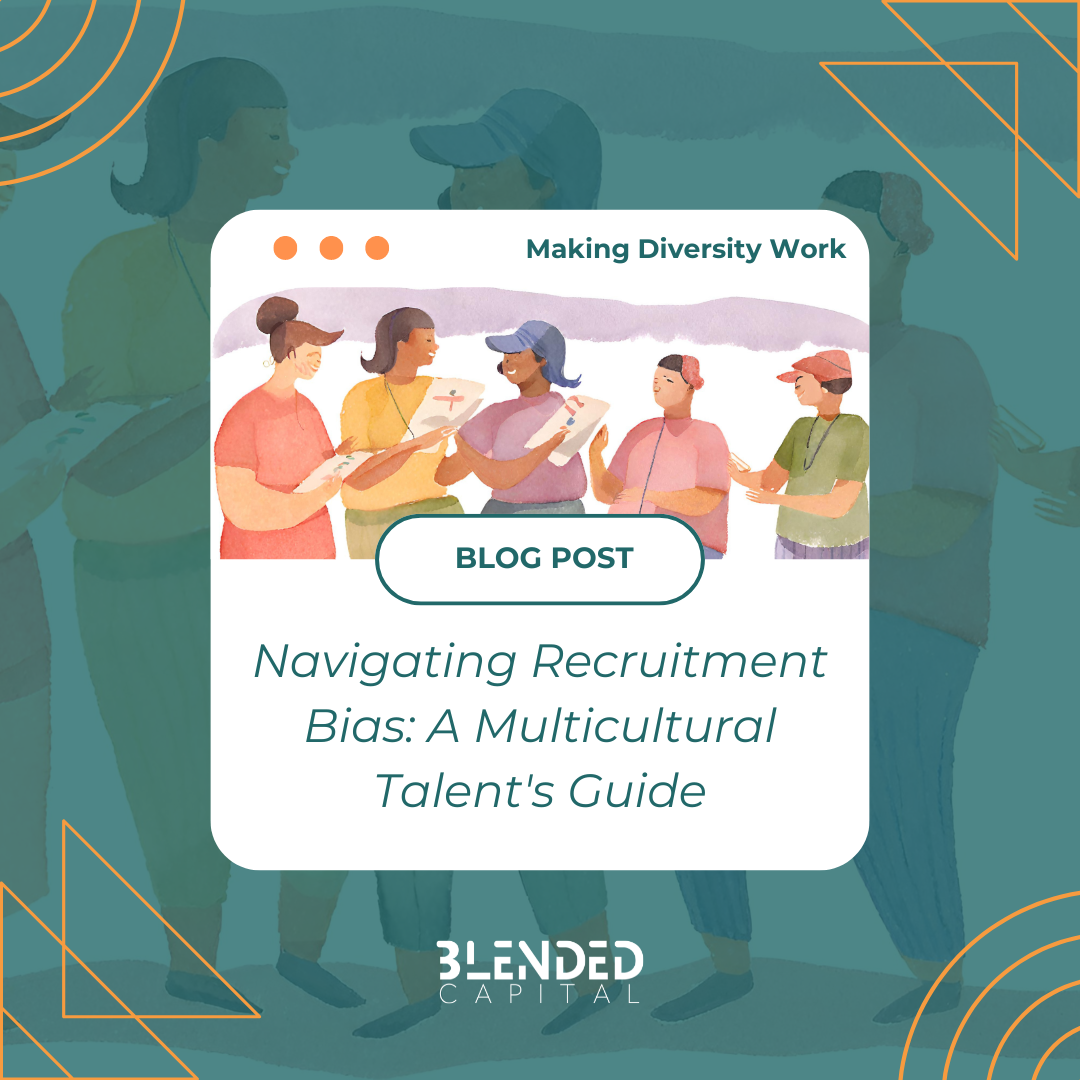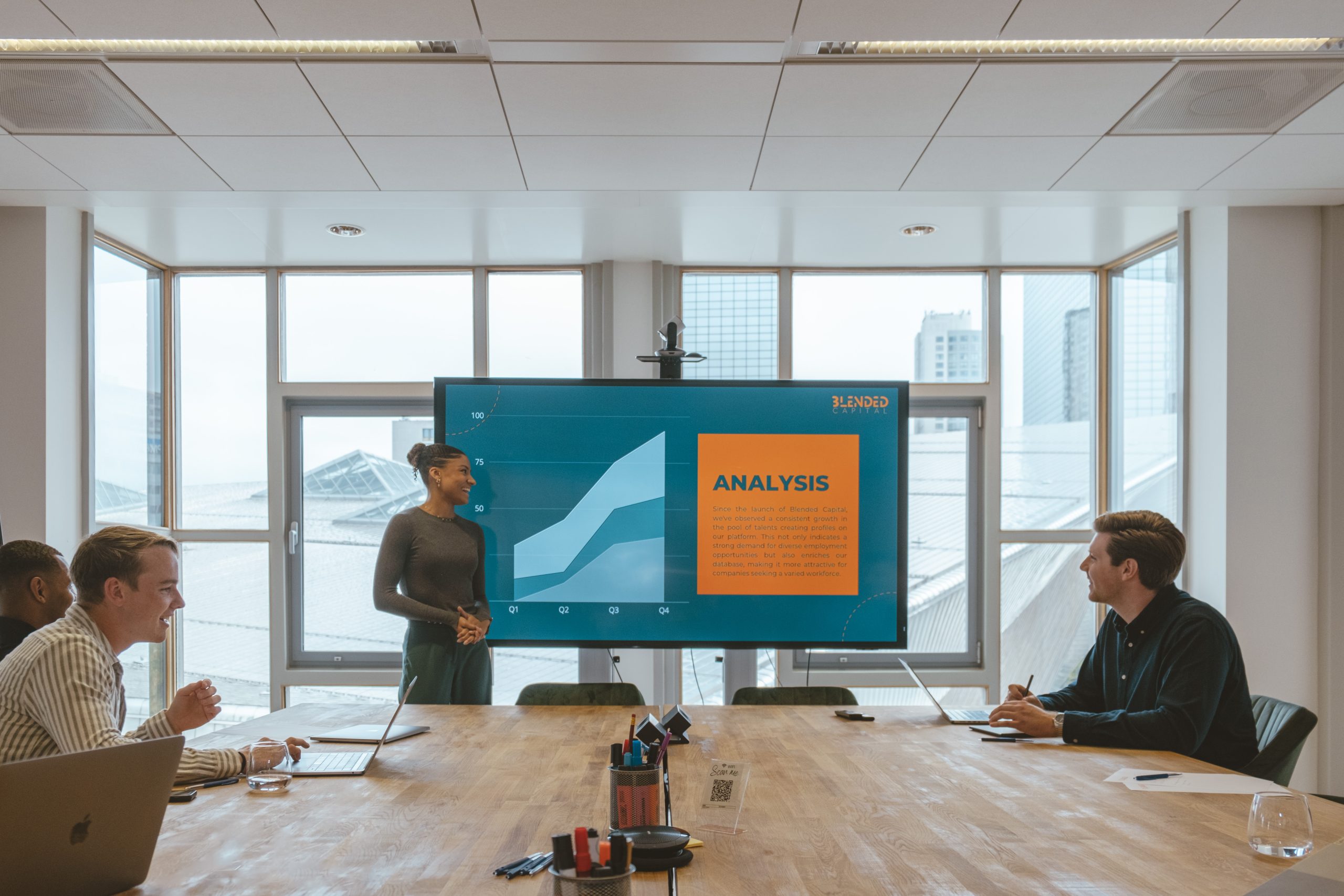For multicultural talents stepping into the global job market, recruitment bias remains a significant barrier. These biases, often unconscious, can limit opportunities and hinder career progression. This blog provides insights and strategies for multicultural talents to identify, navigate, and overcome these biases, empowering them to unlock their full potential in the job market.
Understanding Recruitment Biases:
Recruitment biases can manifest in various forms—from affinity biases, where recruiters favor candidates who resemble themselves or their team, to stereotyping based on name, age, gender, or ethnic background. Such biases can drastically affect your chances even before the interview stage.
Challenges Faced by Multicultural Talents:
- Affinity Bias: Being overlooked due to differences in background, accent, or appearance compared to the prevailing company culture.
- Name and Origin Bias: Experiencing less favorable treatment or even outright rejection based solely on a non-Western name or perceived foreign origin.
- Stereotype-Driven Assessments: Encountering assumptions about skills, competencies, or work ethic based on racial or ethnic stereotypes rather than individual merit or qualifications.
Strategies to Overcome Recruitment Biases:
- Professional Branding: Craft a strong professional brand that highlights your unique skills and experiences. Tailor your resume, LinkedIn and Blended Capital profile to showcase achievements that counter prevalent stereotypes and emphasize your capability and fit.
- Skill Certification: Obtain certifications relevant to your field to provide concrete evidence of your skills and competencies. This approach can help mitigate doubts arising from biased perceptions and demonstrate your professional commitment.
- Networking and Mentorship: Build a diverse professional network that includes allies and mentors who understand the challenges of navigating bias. They can provide invaluable guidance, advocate on your behalf, and open doors to opportunities.
- Cultural Fluency: Emphasize your ability to navigate and bridge multiple cultural contexts as a critical skill, especially valuable in global companies and diverse teams.
- Interview Preparation: Prepare meticulously for interviews by researching company culture, practicing responses to common interview questions, and planning to tactfully address potential biases or stereotypes if they arise.
Conclusion
While recruitment biases are a reality in the job market, understanding and preparing to navigate these challenges can empower multicultural talents to not just cope but thrive. By leveraging your unique background as a strength, advocating for your capabilities, and connecting with supportive networks, you can significantly enhance your career prospects.
Call to Action
Take charge of your professional journey by continuously developing your skills, expanding your network, and advocating for diversity and inclusion within your sphere of influence. Let’s transform challenges into opportunities and pave the way for a more inclusive job market.


